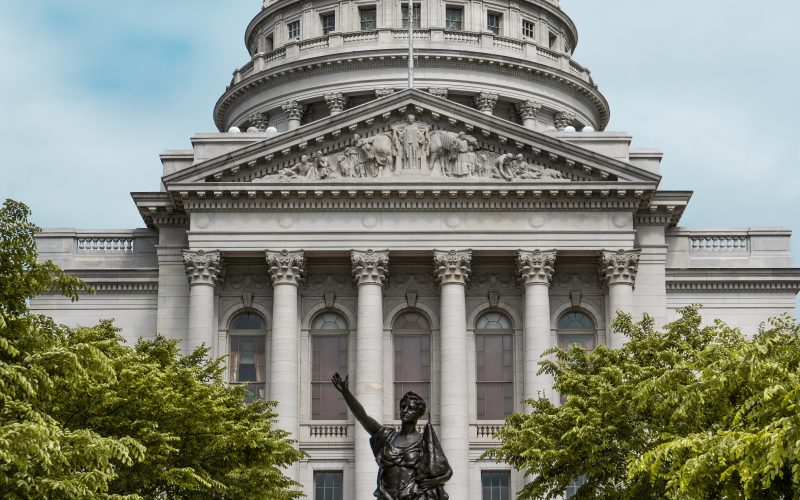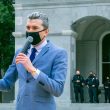As the COVID-19 pandemic continues to ravage the United States, the debate over vaccine mandates is heating up. With vaccine hesitancy and resistance remaining high in many parts of the country, the push by the federal government and some state governments to require vaccination for certain activities is dividing Americans.
Proponents of vaccine mandates argue that they are necessary to control the spread of the virus and protect public health. They point to the effectiveness of the vaccines in reducing severe illness and hospitalization, as well as the growing threat posed by new variants of the virus. In addition, they argue that vaccine mandates are a reasonable restriction on individual freedom in the interest of public safety, similar to seatbelt or smoking laws.
Opponents of vaccine mandates, on the other hand, argue that they infringe on individual liberty and personal autonomy. They contend that vaccination is a personal choice that should be left to individual discretion, and that forcing people to get vaccinated violates their constitutional rights. They also express concern about the safety and efficacy of the vaccines, citing reports of adverse reactions and breakthrough cases.
The issue has become particularly contentious in the political arena, with many Republican politicians and conservative media outlets framing vaccine mandates as an example of government overreach and a violation of individual freedom. This has led to a situation where vaccination rates are highly correlated with political affiliation, with many Republicans expressing skepticism about the vaccines and refusing to get vaccinated.
As a result, vaccine mandates have become a flashpoint in the ongoing culture wars in the United States. The issue has sparked protests, lawsuits, and political posturing, with some Republican governors vowing to defy federal vaccine mandates and resist what they see as an encroachment on state sovereignty.
Despite the controversy surrounding vaccine mandates, public opinion polls suggest that they are broadly popular. A recent poll by the Associated Press-NORC Center for Public Affairs Research found that 55% of Americans support vaccine mandates for government employees, while 52% support mandates for health care workers. However, support for mandates for other activities, such as indoor dining or attending large events, is lower.
As the pandemic continues to evolve, the debate over vaccine mandates is likely to remain a divisive issue in American politics and society. Whether or not vaccine mandates ultimately prove effective in controlling the spread of the virus remains to be seen, but the issue is sure to continue to generate passionate opinions and strong emotions on both sides.












